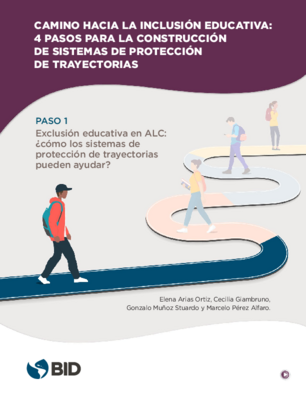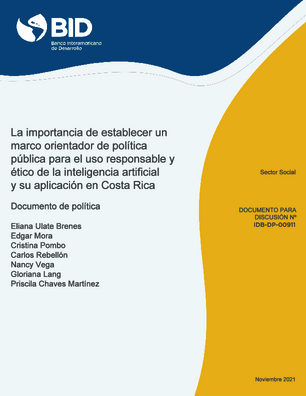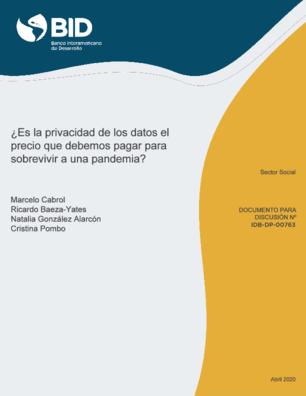Back to Observatory
MARY
Description of the service
An AI software capable of interacting with people and assisting in diagnosing depression and anxiety. It can also cooperate in bullying, suicidal behavior, and disorder characterization.
Problem that it solves
Given that assessing and caring for people with disorders caused by armed conflict, domestic violence, use of drugs, and other situations takes a long time, it is difficult to ensure coverage to support people with healthcare professionals to treat these conditions.
Type of AI app used
Events detection (anomaly detection and early warning), Interaction support (chatbots, virtual assistants and others), PredictionMain results to June 30, 2021
In 2018, Mary was tested with young people from different educational institutions to detect anxiety and depression disorders using the Goldberg test (GADS). In 2020 in Momil, Córdoba, the EPQ test was applied to more than 200 victims of the armed conflict in Colombia. Currently, Mary is used to characterize situations of intra-family or gender-based violence in the department of Nariño and to characterize young people in the Caribbean with a tendency to use psychoactive substances.
Three main bottlenecks faced during implementation
- Data accessibility
- Cultural resistance
- Professional resistance
Lessons learned in the design or use of AI for social impact
- AI helps to make timely decisions.
- AI is a tool that allows for optimization and makes process results more accurate.
- AI is a tool that does not cannibalize jobs or professions but transforms them.
Country of origin
Geographic scope of operations
Atlántico, Córdoba, Bolivar, Nariño
Type of executing entity
Research instituteSector/industry
Sustainable Development Goal(s) to which your AI solution contributes
3 (good health and well-being)
5 (gender equality)
16 (peace, justice, and strong institutions)
IA app developed internally or by a third party
Internally
Name of implementing entity
AUDACIA
Stakeholders involved
Universidad Simon Bolivar, Fundacion FIC, UFOTECH SAS, AUDACIA
Percentage of the development team that are women
50%
Year they started using AI-based models
2018It may interest you
Este documento forma parte de la serie “Camino hacia la inclusión educativa: 4 pasos para la construcción de sistemas de protección de trayectorias”.
Este documento fue diseñado como insumo de una hoja de ruta que permite crear un marco para el uso ético, responsable y seguro de la IA en Costa Rica.



